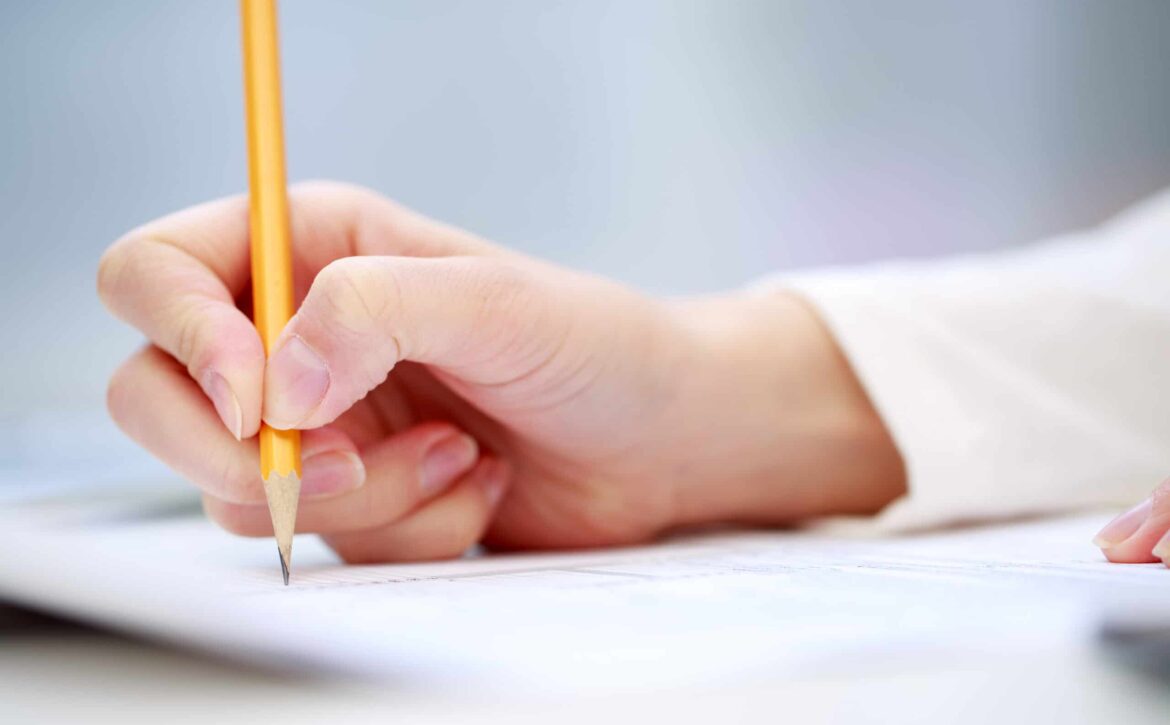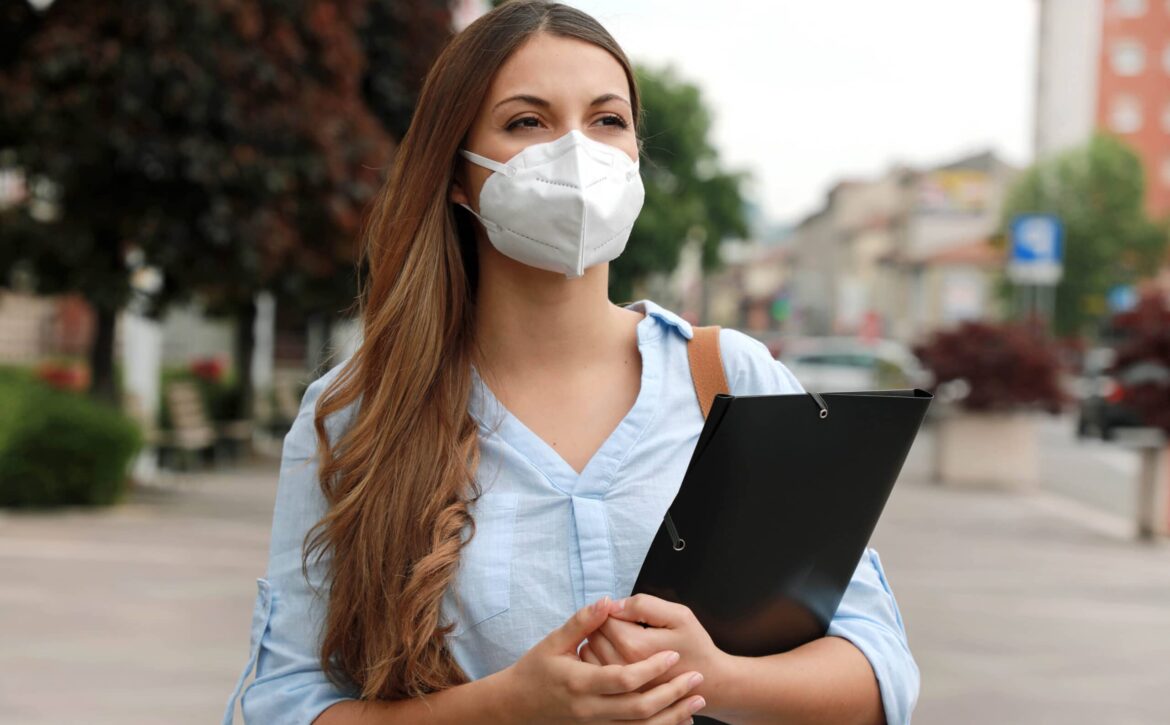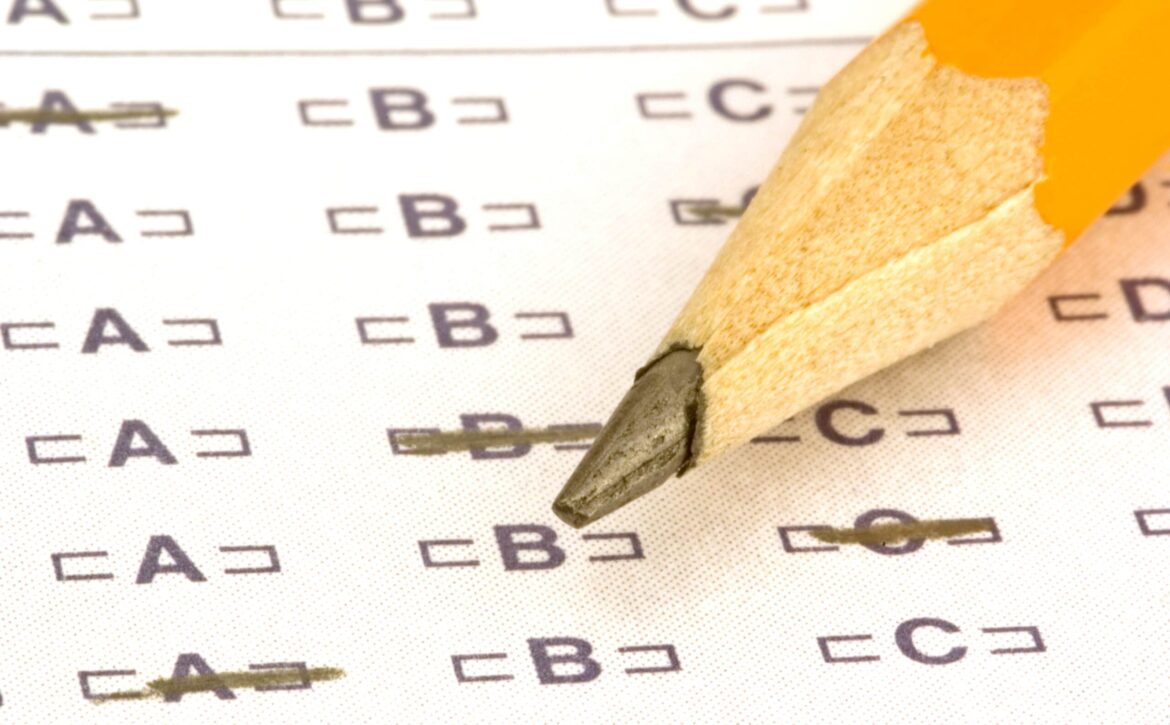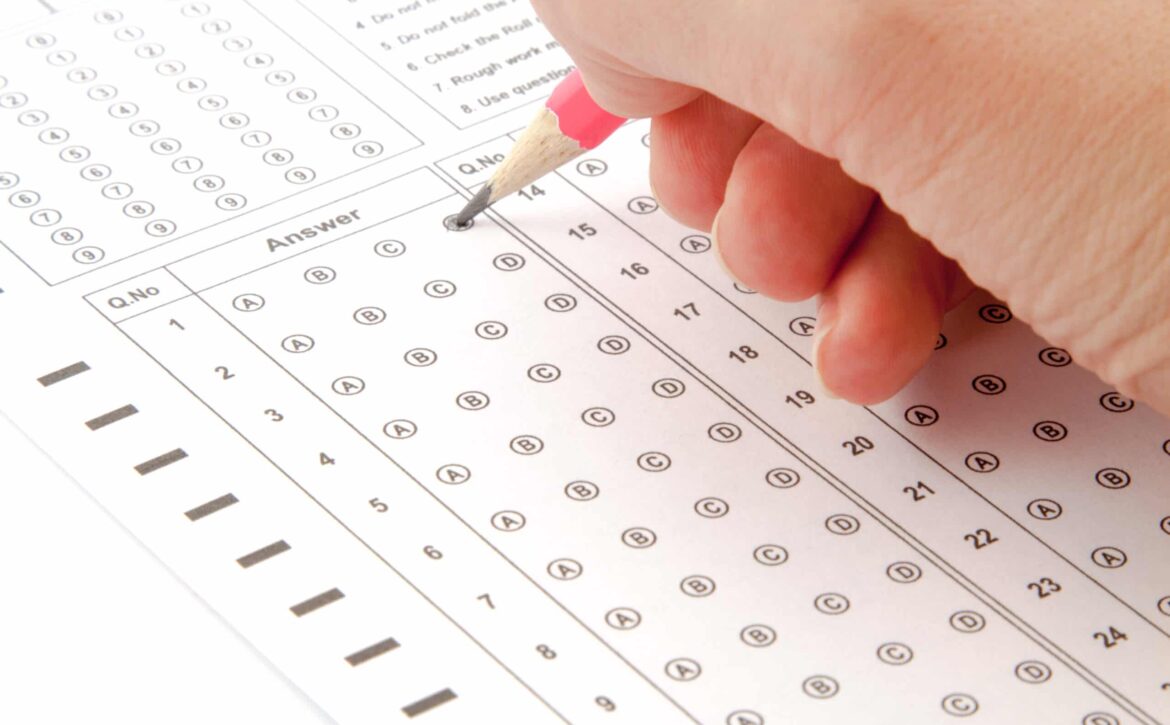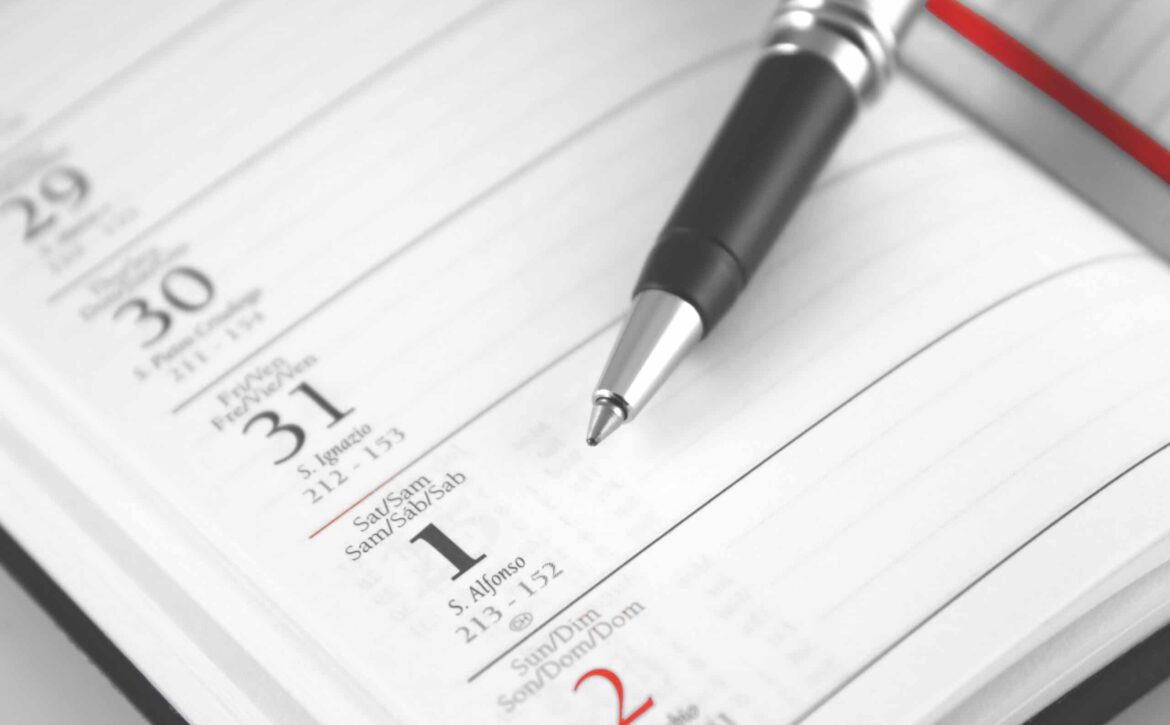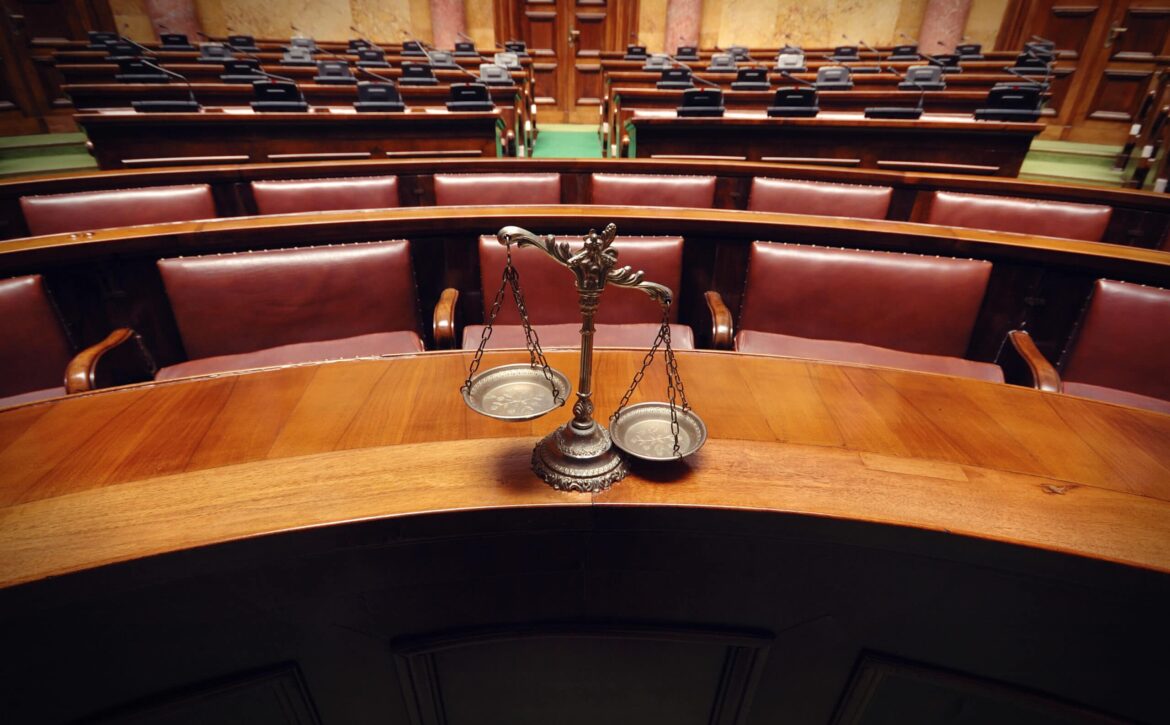July 2022 Bar Exam Admittance Bulletin Available
Link: https://www.calbar.ca.gov/Portals/0/documents/admissions/Examinations/July-2022-Bar-Exam-Admittance-Ticket-Bulletin.pdf
Of note: in person exam.
Only the following items are allowed in the exam areas without prior approval. All items are subject to inspection at the test centers: 1. Government-issued ID 2. The admittance ticket with no writing on it 3. Silent analog watches 4. Prescription medications (does not include cough drops) 5. Cash (must not have extraneous writing on it) 6. Credit/debit cards that might be needed for the lunch breaks 7. Keys 8. Face masks without valves (with no patterns or extraneous writing on them) 9. Protective gloves (latex or rubber only) 10. Nondigital pens (standard blue or black ink), nonmechanical pencils (with eraser incorporated; no separate erasers), pen-style highlighters (must not be used on answers), rulers and paper clips 11. Nondigital timers and nondigital clocks measuring 4”x 4” or smaller. 12. Eyeglasses (no cases or sunglasses) 13. Foam earplugs (cannot be wireless and must not be connected to any mechanism or device) 14. Menstrual products 15. Inhalers 16. Diabetes-related items and equipment (does not include food or drinks) 17. Eyedrops in single-use vials 18. One back support (without a cover) 19. One orthopedic cushion (without a cover) 20. One standard-size pillow (without a case) 21. One bookstand 22. One footrest 23. Splints, braces, casts, crutches, wheelchair 24. Hearing aids 25. TENS units 26. Disability-related items that have been approved through the testing accommodations petition process 27. Separate keyboard, mouse (wired or wireless), laptop riser/stand no higher than 4 inches and a solid color mouse pad with no writing on it. During the MBE sessions, the items listed above are allowed in the exam room, except pens, highlighters, back supports, orthopedic cushions, pillows, bookstands or footrests, and laptops or laptop accessories. If you need any of these items due to a disability, you must request them through the timely filing of a Testing Accommodations Petition. 3 Applicants who will be handwriting their exam answers, or who are required to handwrite in the event of a laptop/software malfunction, must bring their own standard blue or black ink ballpoint pens. Applicants must also bring their own pencils for the MBE portion of the exam (several sharpened pencils are recommended). Mechanical pencils are not permitted. Pencil sharpeners and separate erasers will not be allowed into the exam room. Please note that applicants cannot bring wallets, tissues, lip balm, cough drops/throat lozenges, gum, candy, or other food or drinks in the exam room. Water and tissues will be available nearby at the test centers.


